The Independent's journalism is supported by our readers. When you purchase through links on our site, we may earn commission. Why trust us?
As a quarter of UK native mammals face extinction, here's how your garden can help
From donating to charity to animal housing, you can get involved from home and help to make a difference
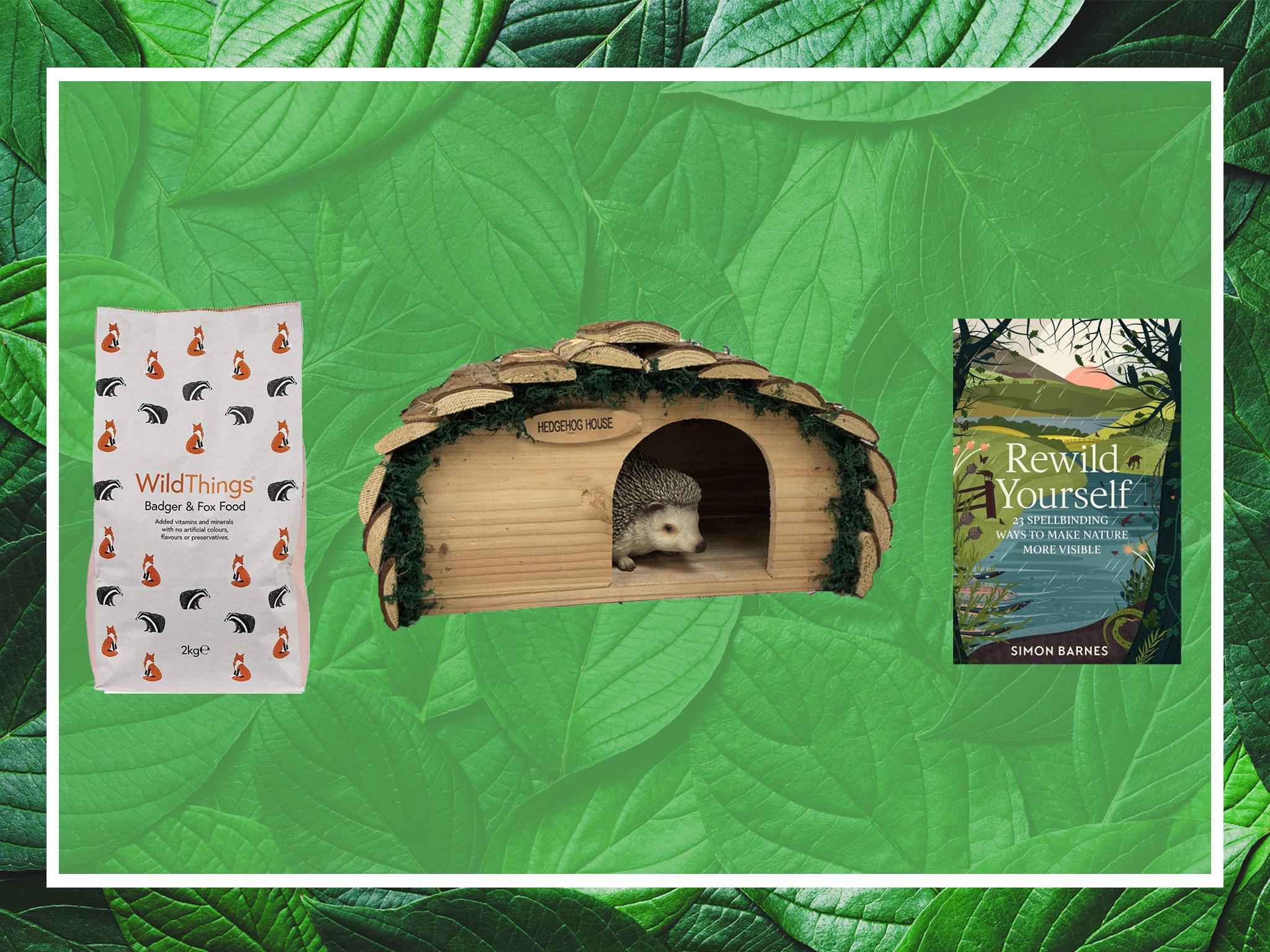
According to the Mammal Society, a UK charity supporting mammal conservation, 11 of 47 animals native to Britain are at risk of becoming extinct "imminently".
In the first official Red List for British mammals, creatures most at risk include hedgehogs, red squirrel, water voles, hazel dormouse and the grey long-eared bat.
The list has been authorised by the International Union for the Conservation of Nature (IUCN) which identifies globally endangered species such as tigers and elephants.
Habitat loss, degradation, historical persecution and invasive non-native species are the main causes why so many animals are facing extinction.
Fiona Mathews, Mammal Society chair and professor at the University of Sussex, said in a press release: “The new Red List provides a very clear basis for prioritising funding and conservation efforts for the future. While we bemoan the demise of wildlife in other parts of the world, here in Britain we are managing to send even rodents towards extinction. Things have to change rapidly if we want our children and grandchildren to enjoy the wildlife we take for granted.”
While it is a big problem, there are ways for individuals to help wildlife thrive on a smaller scale, such as in your back garden.
We’ve rounded up the food, boxes and books to buy, the books to read educate yourself on and the organisations to donate to that are working with endangered species.
You can trust our independent round-ups. We may earn commission from some of the retailers, but we never allow this to influence selections. This revenue helps us to fund journalism across The Independent.
Keep your garden animal-friendly
RSPCA wildlife expert Adam Grogan recommends leaving areas of the garden "wild" with overgrown shrubs and long grass which will encourage insects, slugs and snails for animals like hedgehogs to eat, but provides food such as berries and nuts as well as shelter.
“Take care when gardening, check bonfires before lighting them, keep netting tidy and secure, cover drains, remove litter and don't use chemicals. Check carefully before strimming or mowing, and create a slope at the edges of a pond to create easy access for animals. Logs, compost and leaf piles provide shelter for animals like hedgehogs and are havens for insects,” she advises.
You can also plant wildflowers which will bring bees and butterflies into your garden. According to Dr Gaines, foxglove, birdsfoot trefoil and musk mallow are great for attracting pollinators.
“Bramble and hazel are good plants to provide food for dormice and other rodents while stands of Scots pine can encourage red squirrels. If you have a stream through your garden that may have water voles, allow the bankside vegetation to grow long.”
Animal housing
Habitats (hedgehog homes), bat boxes and dormouse boxes can all be readily bought or made providing animals somewhere secure to shelter.
While logs, compost and leaf piles provide shelter to animals like hedgehogs and rodents, you also buy ready-made boxes and homes for creatures to live in.
Before you buy anything, Dr Gaines suggests that people buy trail cameras so that they can then see what is using their garden. “You can then provide the right habitats and other resources for those species.”
If you have the room, provide a safe space for hedgehogs with this Wildlife World igloo hedgehog home (Pets At Home, £25).
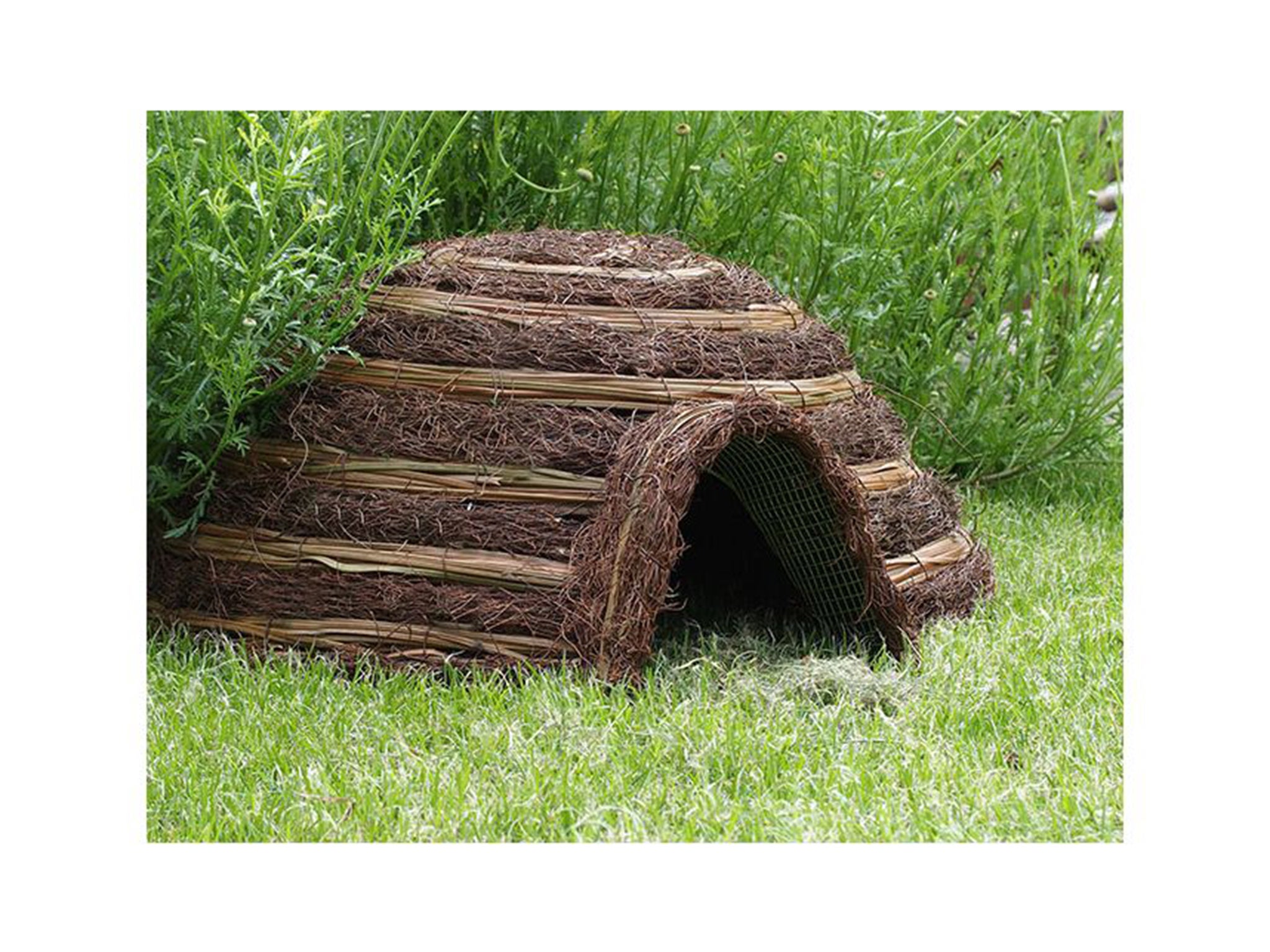
Suitable for other small animals too, the wicker house can be a safe retreat from hazards in the garden such as strimmers, forks, tools, domestic pets and predators which include badgers and foxes.
It has a waterproof roof and steel frame to protect animals inside from the elements and it’s encouraged to pile leaves or foliage around to camouflage it.
We also love this hedgehog house with bark roof (Not On The High Street, £19.99) that’s made from untreated wood, with a big opening to fit multiple hedgehogs but too small for a fox to get in.
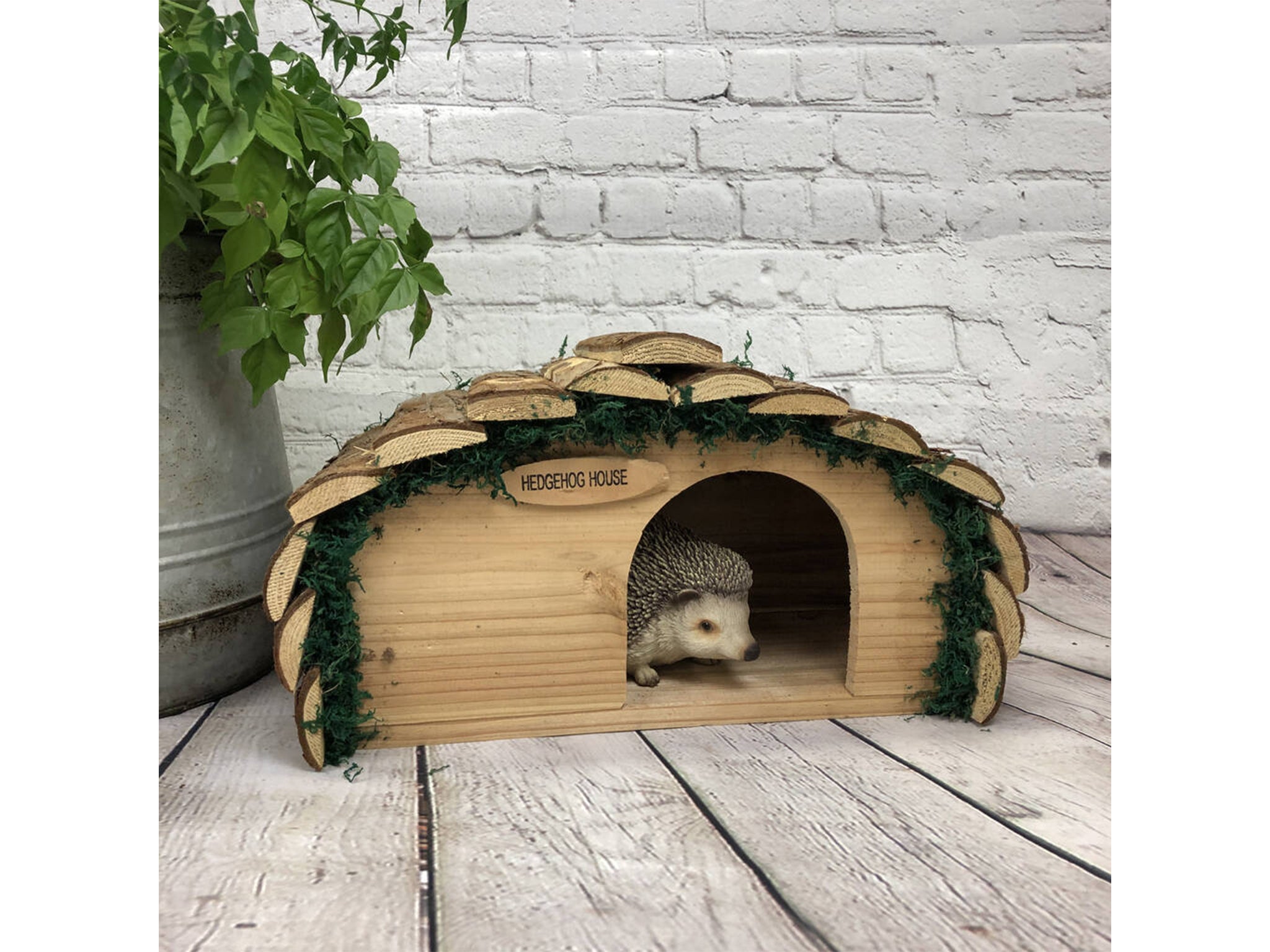
The bark roof will blend in with the surrounding too, so they can live peacefully and uninterrupted.
This eco bat box with cavity or crevice chamber (Garden Gift Shop, £43.95) is perfect for flying mammals.
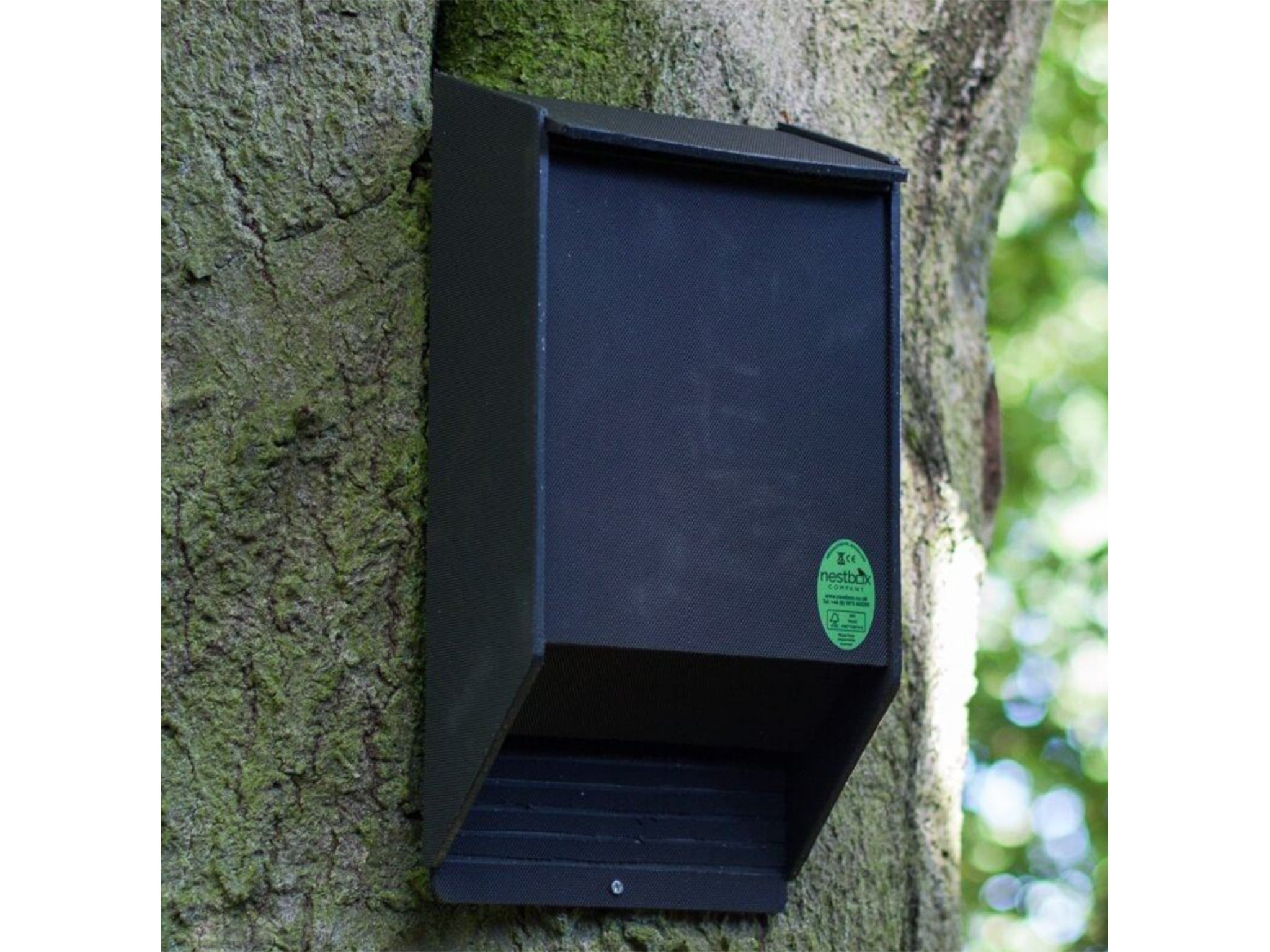
It has a grooved landing ladder for easy access, a durable shell made from recycled plastic, insulation to absorb heat and roosting chambers for the bats to rest and hang.
Mount it high on a building or in a tree, and a sheltered, sunny place is best for bats.
Leave food out
Leave a shallow dish of water out for animals and feed hedgehogs meaty food like dog or cat food, or specialist hedgehog food, says Dr Gaines.
This Spike’s semi-moist food for hedgehogs (The British Hedgehog Preservation Society, £6.25) will do the trick.

It’s chicken-based protein food, with vitamins and minerals to keep hedgehogs happy.
You can also leave out nuts, grains, apples and pears for rodents like water voles and dormice, but Dr Gaines advises that they should be cleared away if not eaten.
For larger animals, stock up on this wildlife world badger/fox food (Amazon, £6.48).
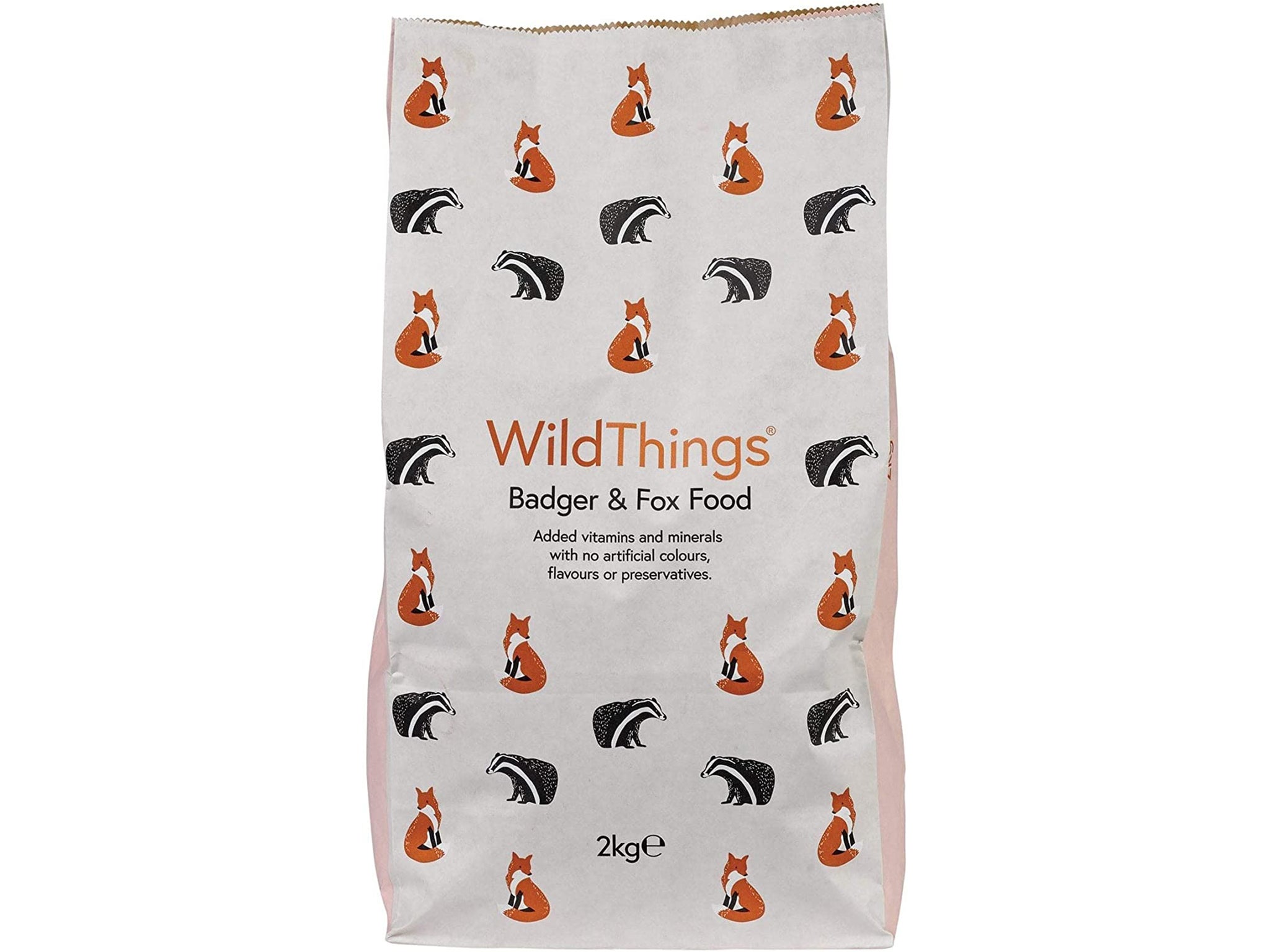
A mix of meat proteins in crunchy nuggets, they can also help with dental health too. Simply leave in a quiet area of your garden for them to enjoy.
Read books
Get children involved by teaching them about hedgehogs through a bedtime book like this Northwind children’s novel by Bob Rogers (The British Hedgehog Preservation Society, £12.99)
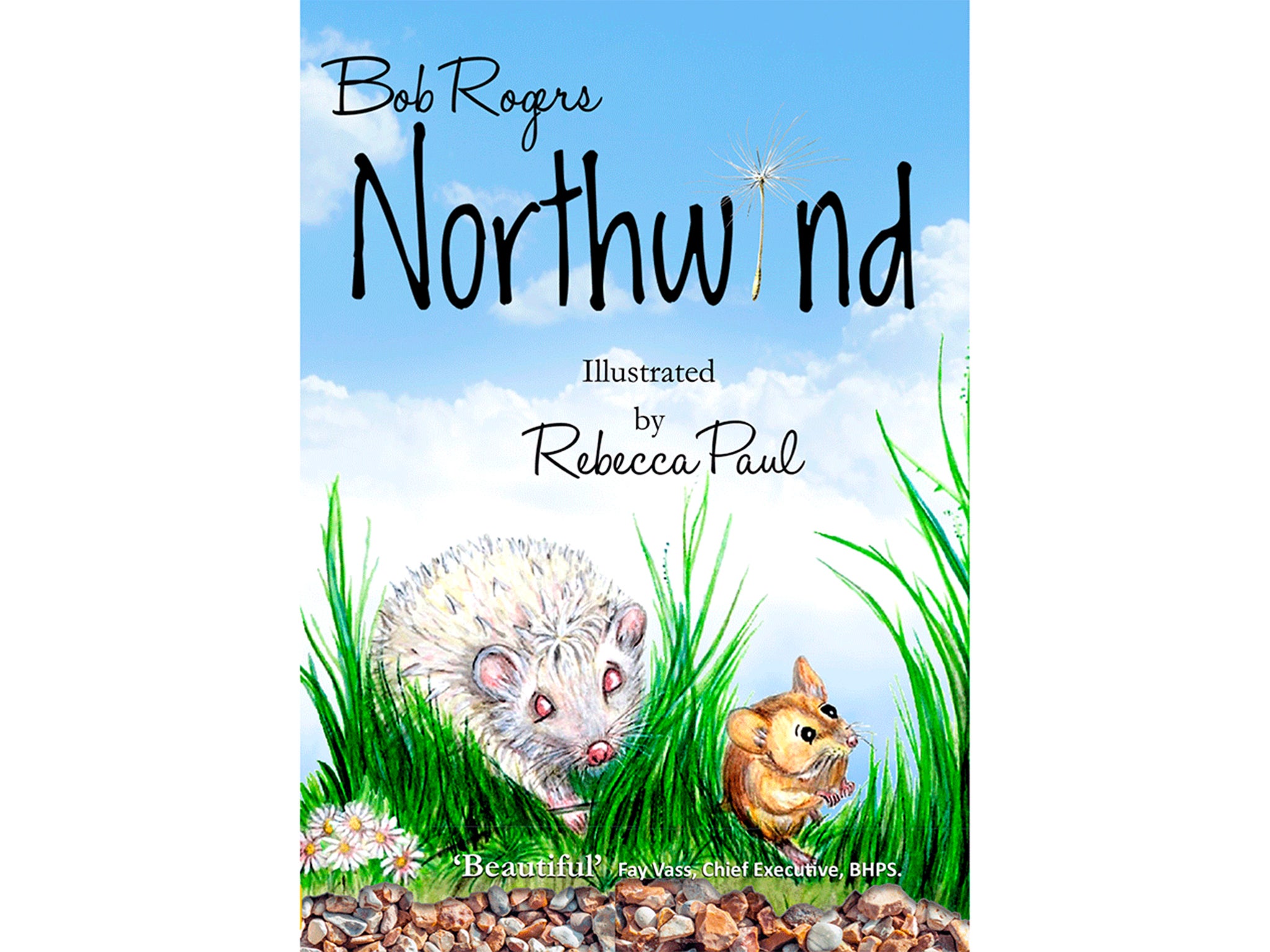
Written for children aged 8-12, it follows a young hedgehog abandoned by his mother who meets friends and other furry creatures along his journey.
All profits, after postage, go to supporting the work of the British Hedgehog Preservation Society.
For adults, pour over the pages of this Rewild yourself: 23 spellbinding ways to make nature more visible by Simon Barnes (Waterstones, £7.49).
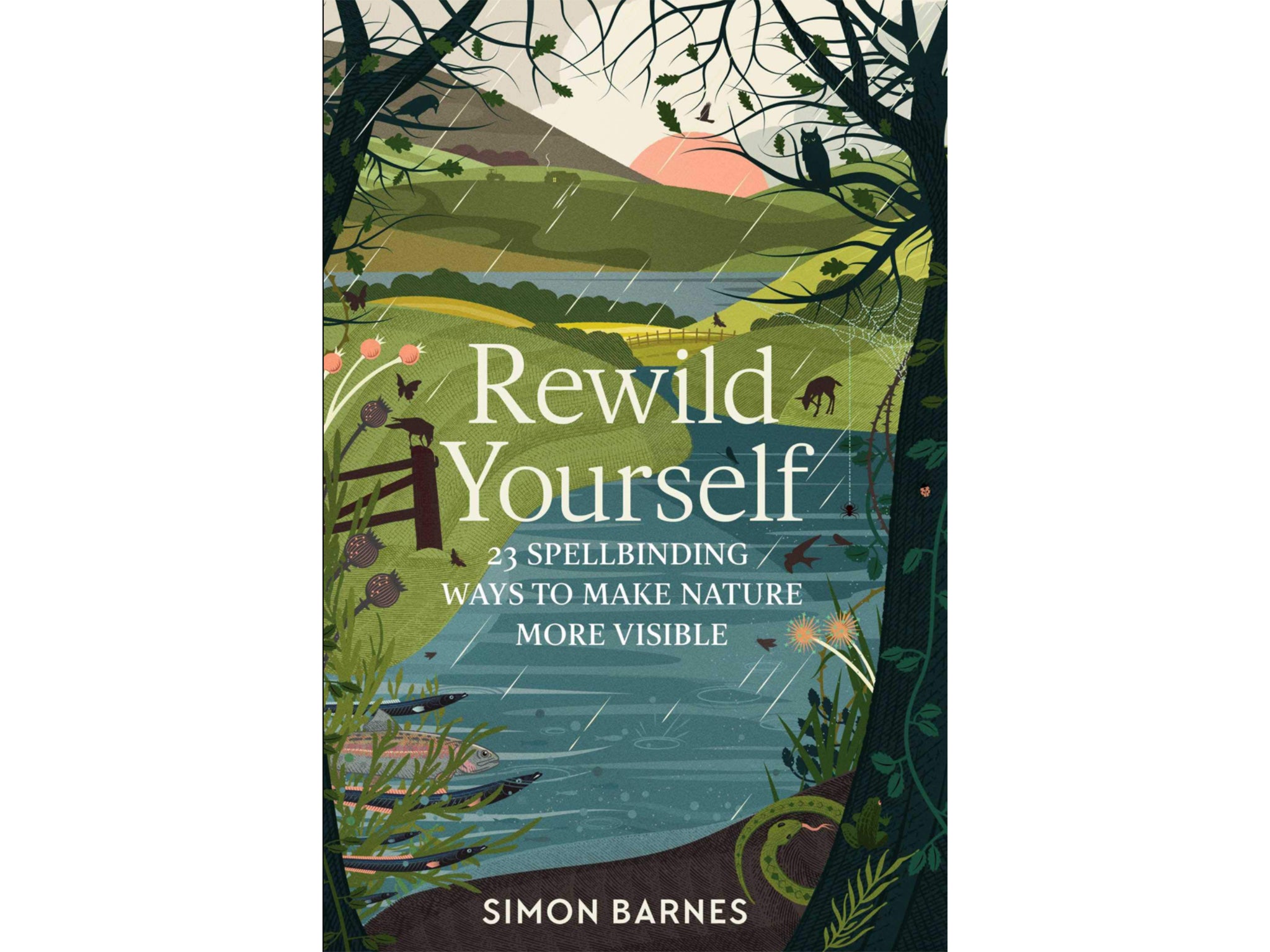
It's full of detailed information on animals that might be in your garden that you've never noticed, whether its mammals concealed by shrubbery or bird finding shelter in your trees.
Donate to charities
As the UK is home to many wildlife creatures, there's also plenty of charities that aim to conserve habitats and educate people on them.
The Wildfowl & Wetlands Trust (WWT) has nine nature reserves across the UK and works to preserve wetlands, which are a primary source of drinking water for wildlife.
They also run a blog which shares advice and tips on creating animal-friendly gardens, facts about wetlands and issues affecting them. To support their work, you can donate here or become a member, which will give you unlimited access to all their nature reserves, from £4.48 a month.
Bees are also animals that desperately need our help, as their population is dwindling. Since 1900, the UK has lost 13 species of bee, and a further 35 are considered to be under threat of extinction.
The Bumblebee Conservation Society works to create bee-friendly habitats and encourage the general public to play their part by making changes in their own gardens.
Its mission is to increase the number and distribution of bumblebees and you can be a helping hand by donating here. A donation of just £16 will buy 100g of wildflower seeds to create wildlife habitats the size of an average living room.
One of the largest nature conservation charities in the UK is The Royal Society for the Protection of Birds (RSPB). It works to educate and promote conservation of habitats, as well as fighting for the protection of vulnerable animals and leading local communities and groups to fundraise and volunteer to look after nature so it can be enjoyed by future generations.
You can donate here or sign up for a RSPB life fellow membership for £1,350 for two adults or £810 for one adult, which will give you free entry to 100 wildlife hotspots around the UK, a bi-annual newsletter detailing how donations are spent and a quarterly magazine.
Bookmark popover
Removed from bookmarks